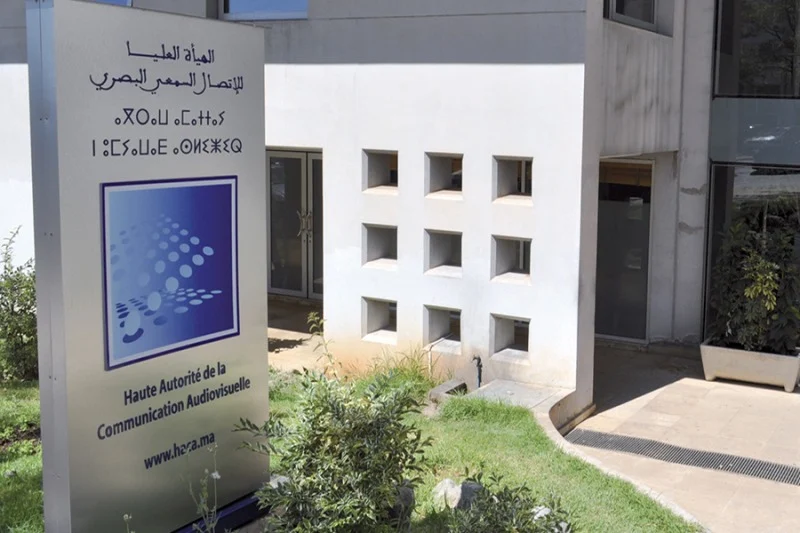Morocco’s High Authority for Audiovisual Communication (HACA) has ruled that a promotional video about Morocco’s bid to host the 2030 FIFA World Cup does not constitute political propaganda, despite formal complaints from several opposition parties.
The controversy arose when the video began airing on national television channels, including 2M, with critics claiming it was designed to subtly promote the current government just months ahead of the legislative elections.
Among the complainants were the Party of Progress and Socialism (PPS), the Justice and Development Party (PJD), and the Popular Movement, who accused the video of glorifying the government’s actions under the guise of national promotion.
However, after a thorough review, HACA announced on May 8 that the video does not meet the legal definition of political advertising.
“The content does not endorse any political party or government figure,” the regulator said in its official statement. “There are no slogans, logos, or cues linking the video to any specific political entity.”
Instead, HACA described the video as a form of institutional communication, intended to mobilize public support for a national project of strategic importance — the co-hosting of the 2030 FIFA World Cup alongside Spain and Portugal.
HACA also underlined that the initiative was launched by King Mohammed VI and supported across successive governments, making it a non-partisan project anchored in Morocco’s national development strategy.
The regulator emphasized its commitment to maintaining media neutrality and fairness, especially during sensitive pre-election periods.
This decision sets a clear precedent for how public institutions can communicate around major national initiatives without infringing on political balance, reinforcing the importance of separating institutional pride from political campaigning.



